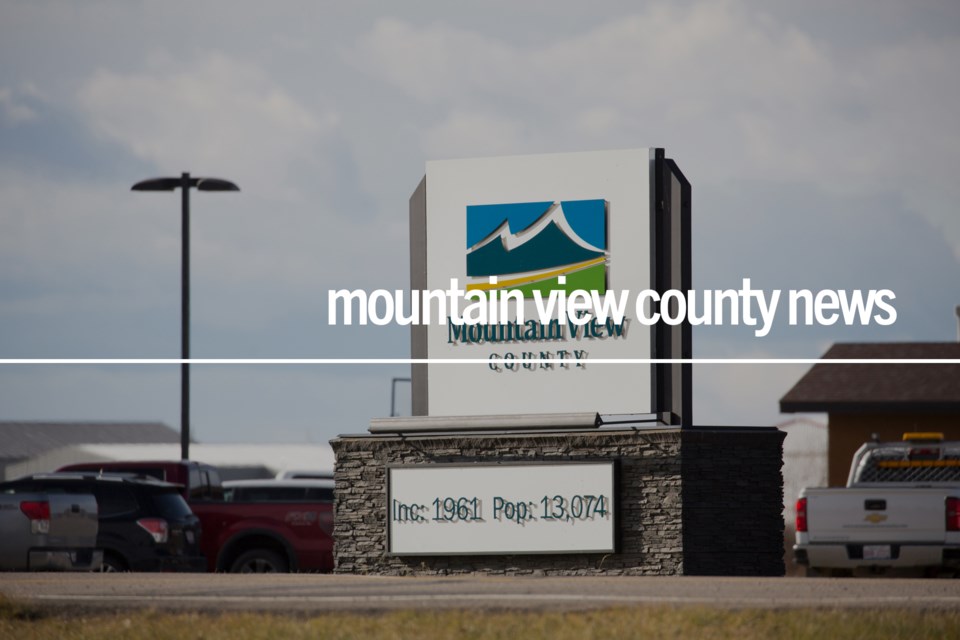MOUNTAIN VIEW COUNTY - The county’s agricultural service board (ASB) has received an update on the Agroforestry Woodlot and Extension Society’s (AWES) involvement with the two billion trees (2BT) program and opportunities for local participation.
Director of projects Jeff Renton appeared before the board as a delegation at the recent regularly scheduled board meeting, held in person and online.
The AWES is non-profit organization with a diverse membership that shares the common goal of encouraging sustainable forest management, members heard.
Mountain View County has been a member of the AWES since 2017, supported with an annual membership fee of $500.
“AWES provides direct assistance to landowners, municipalities, and rural individuals with planting project design and implementation, tree health assessment, municipal policy guidance, restoration and bio-engineering planning,” administration said in a briefing note to the board.
“Through project management guidance an education, AWES helps others successfully develop and deliver restoration projects, permaculture projects and agricultural plantings.”
Use a series of powerpoint slides, Renton explained that the 2BT program was developed with the goal to plant two billion trees in Canada by 2031, with federal funding being directed to organizations managing multi-year programs and large urban and suburban projects.
“I’m pretty optimistic about how this program is going to be unrolled,” said Renton. “AWES will support the partners and hosts in funding, developing, implementing and maintaining a successful reforestation project. How AWES supports the partners and hosts will depend on the stream of services and level of commitment.”
Under the program, the Western Coalition 2BT program - a Prairies Partnership has been formed as an organization coordinated by AWES to meet the needs of stakeholders located in the Canadian prairie provinces.
AWES is working with partners groups, including municipalities such as Mountain View County, on the program.
“We have a contact with the 2BT program to support planing projects and provide extension programming for landowners and organizations in prairie provinces,” he said.
“AWES will work with partners to provide support or lead delivery services they require for planting projects. Collectively we will develop a list of roles and responsibilities between our organization and the partner, which will be the basis of an agreement.”
Eligible expenses for planting projects include labour, contractors, equipment costs, transportation, materials and supplies, he said.
“To obtain project funding and AWES support services, an application must be submitted for each project. The applicant can be the partner or the project host.”
A project host is any person or organization that is responsible and legally permitted to authorize reforestation activities on a specific area of land, he said.
ASB chair Brian Rodgers asked, “I noticed on your slides that some places are worked or cultivated up. Is that a criteria or is that an individual preference?”
Renton said, “A lot of what we do as far as site preparation, it will really depend on what the landowner wants, but also what sets up the seedlings for success.”
Lorelee Grattidge, the county’s sustainable agricultural specialist, asked, “If a landowner is putting them (seedlings) in somewhere where there is livestock, would it qualify for funding for fencing off the area to protect the trees?”
Renton said, “Yes, fencing is part of it.”
The ASB is made up of county councillors and appointed public members. It promotes and supports the region’s agriculture industry.
Board members received Renton’s delegation report as information.
For more information on the 2BT program and local participation opportunities contact Lorelee Grattidge at the county office at (403) 335-3311.



